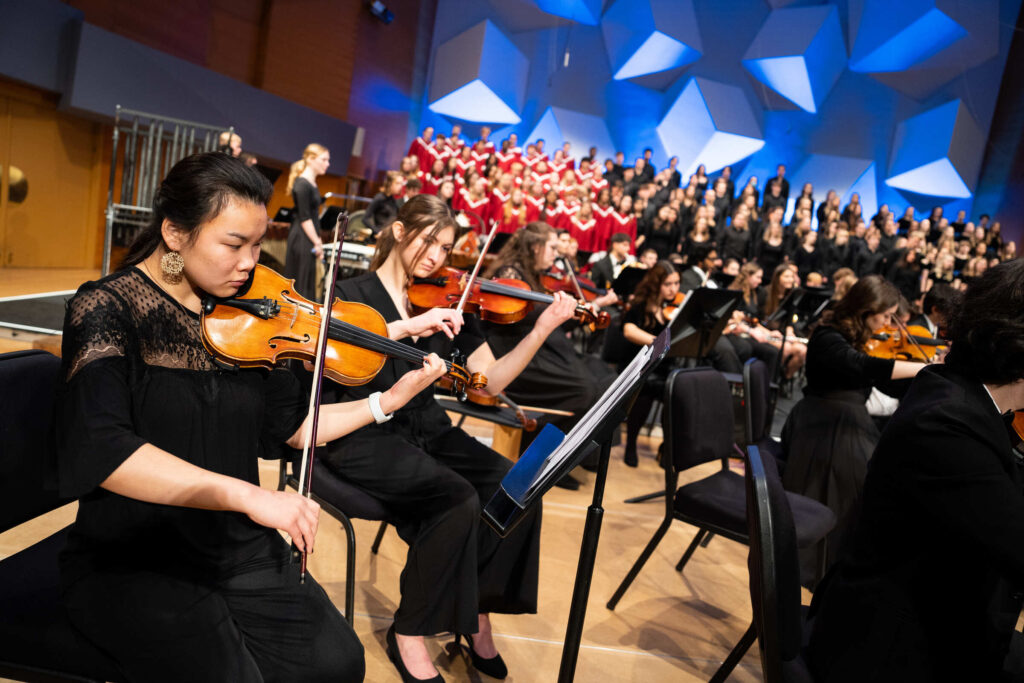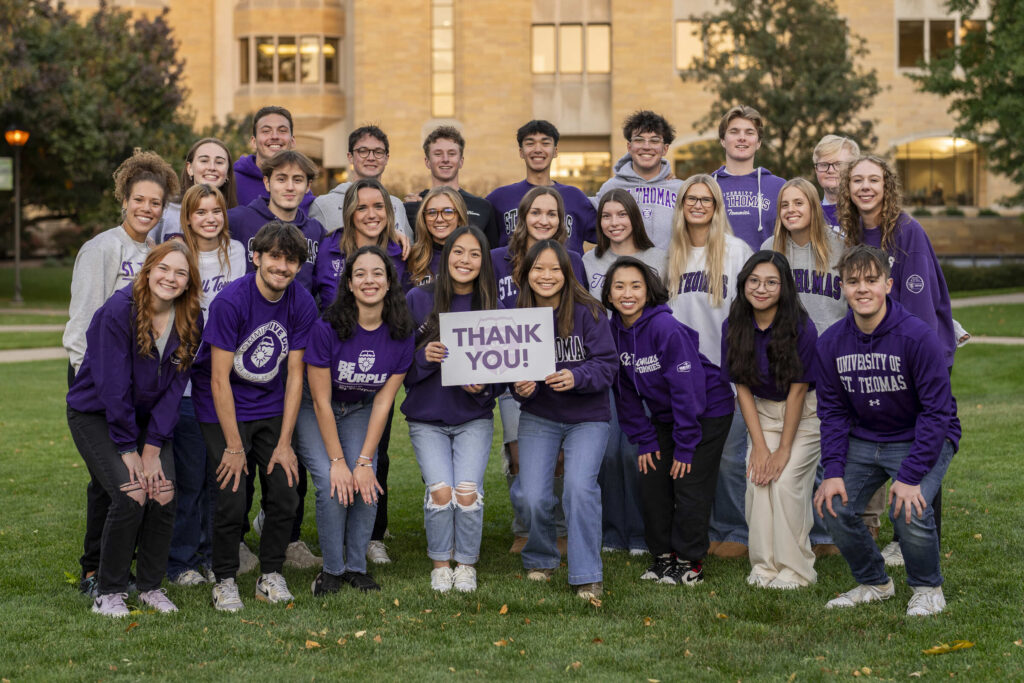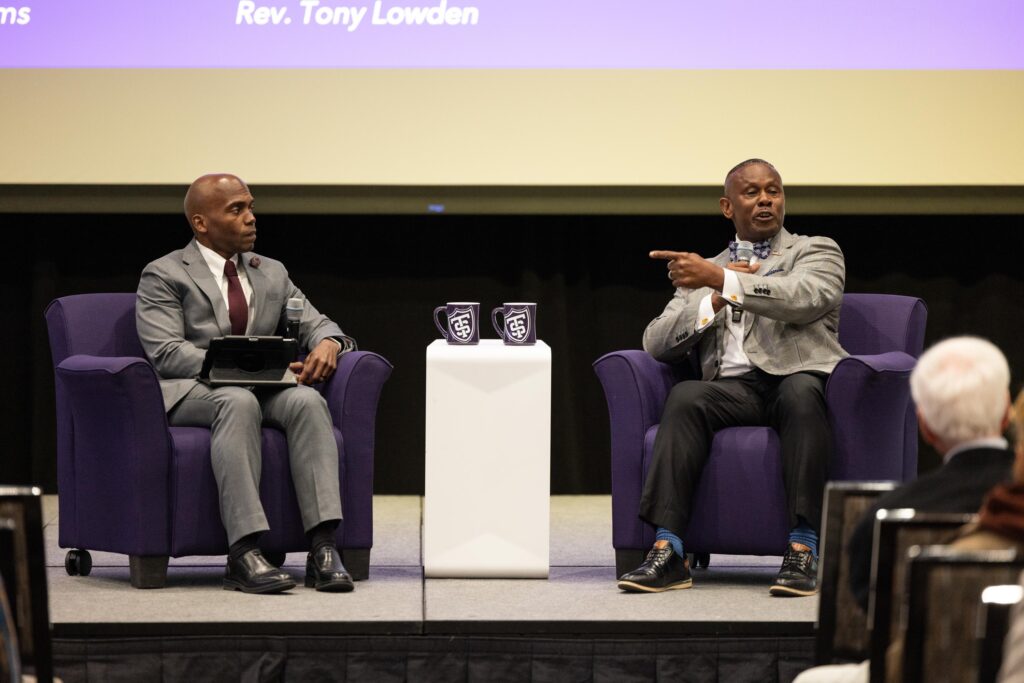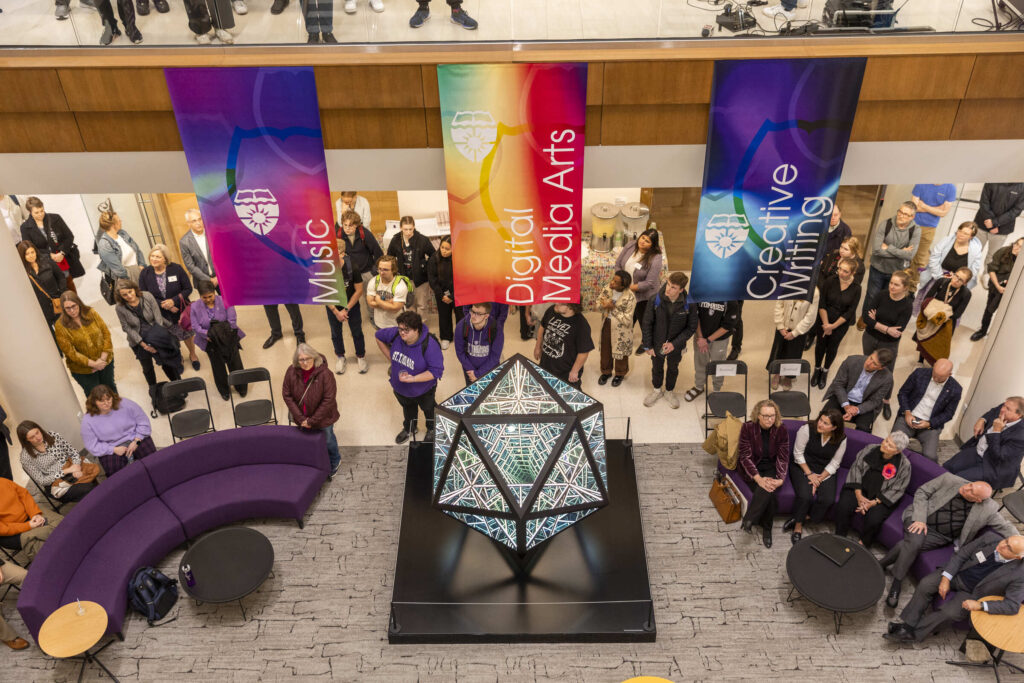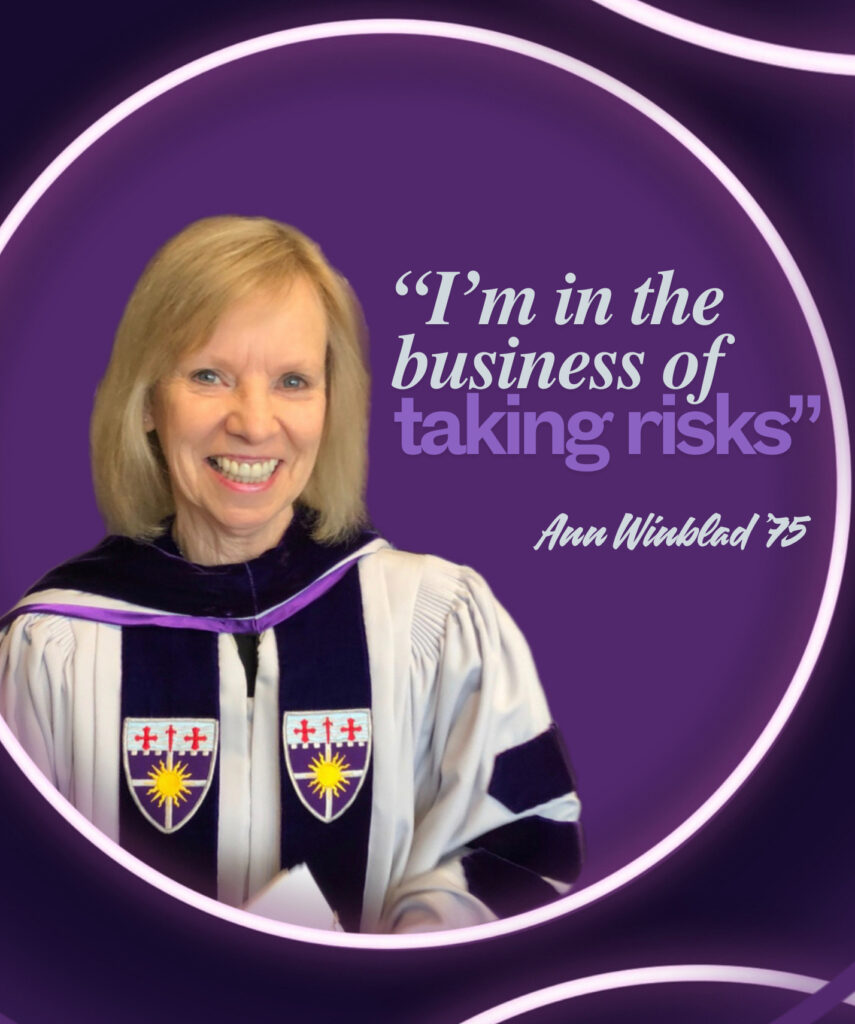Dr. Mark Salisbury, a program director and professor at the University of New Mexico, will become the new dean of the College of Education, Leadership and Counseling at St. Thomas on Aug. 10.
Salisbury will succeed Dr. David Rigoni, announced Dr. Susan Huber, executive vice president and chief academic officer. Rigoni has served as interim dean since October, when Dr. Bruce Kramer stepped down because of his Amyotrophic Lateral Sclerosis.
Huber said Salisbury’s experience on the New Mexico faculty since 1996 and his previous work for 11 years as a computer scientist at the Boeing Co. in Seattle provide him with a rich and interesting background for the dean’s position.
“Mark has been extremely creative and innovative in what he has done at New Mexico while teaching in and directing the university’s Organizational Learning and Instructional Technology program,” Huber said. “I expect that we will see the same characteristics in his work at St. Thomas and in strengthening the programs in our School of Education and Graduate School of Professional Psychology.”
Salisbury, 58, said the St. Thomas position appealed to him primarily because he saw an opportunity to help CELC grow in an extremely competitive environment.
“What is drawing me to St. Thomas is your reputation for being entrepreneurial and willing to look at issues outside the box,” he said. “It is time for us to step forward, make connections and develop partnerships as we re-imagine what form education and professional psychology should take in the 21st century.”
He also has a St. Thomas connection through his wife, Joan. She is a Minnesota native who earned her bachelor’s degree at the University of Minnesota-Duluth and her master’s degree in human resource development at St. Thomas in 1990. She met Salisbury at Boeing and works in web-based training for Intel. They have three children: Luke, 14; Jake, 12; and Anya, 11.
Salisbury is a native of Astoria, Ore., where the Columbia River enters the Pacific Ocean. He has degrees from the Oregon College of Education (1978, Bachelor of Science in secondary education); Western Oregon State College (1982, Master of Arts in Teaching in economics); and the University of Oregon (1985, Master of Science in Computer and Information Science and 1986, Ph.D. in Curriculum and Instruction).
Worked at Boeing after graduate school
He was a graduate teaching fellow in the education and the computer and information science departments at Oregon while pursuing his graduate degrees. Boeing hired him in 1985 and he held several positions over the next 11 years, developing software to improve human performance and splitting his time between research and development efforts and commercial products.
“I loved my job at Boeing,” he said, “but after 11 years I had made a ‘lap’ through the company, working in most of the major divisions, and I thought I might move on and do what I was trained for – the life of a professor. That’s how I ended up at New Mexico and in Albuquerque.”
Salisbury is a full professor and directed the Organizational Learning and Instructional Technology program for more than a decade. He describes it as an interdisciplinary program that evolved to the point where it moved last year from the College of Education to the recently renamed College of the University Libraries and Learning Sciences, and the program will have a new name this fall: Organizational Information and Learning Services.
“I have done my lap here at New Mexico in teaching in and developing the program,” he said. “I figure I have another good lap left in me, and I am excited about the opportunity at St. Thomas.”
Salisbury also leveraged his skills after arriving at New Mexico by founding Vitel Inc., which has developed knowledge management systems for federal agencies, national laboratories and public utility companies. His experiences with Boeing and Vitel have helped him in the classroom.
“I liken it to a practicing heart surgeon,” he said in a New Mexico Campus News story in 2002. “I do heart surgery in the morning and then I teach in the afternoon. That helps me to be the teacher I want to be. I think this theory-into-practice approach is of value to the students, too.”
Salisbury has published a book – iLearning: How to Create an Innovative Learning Organization (2009) – and has written dozens of articles related to knowledge management in engineering, business and education journals. He has made presentations at conferences sponsored by organizations such as the American Society for Training and Development, International Society for Performance Improvement and Society for Applied Learning Technology. He is an editorial board member and reviewer for the International Journal of Knowledge-Based Organizations, Journal of Management Learning and Journal of Educational Computing Research.
Huber thanks Rigoni, search committee
Huber thanked Rigoni for his service as interim dean. Rigoni had been an associate dean since 2006 and a faculty member since 2000, and will return to teaching.
“Dave stepped into a challenging situation at a delicate time and performed admirably,” Huber said. “I appreciate his can-do attitude.”
Huber also thanked members of the dean’s search committee, chaired by Dr. Terry Langan, dean of the College of Arts and Sciences. Committee members included Jackie Punch, chair of the CELC Board of Advisors, and Kim Herrema, Dr. David Jamieson, Dr. Donald LaMagdeleine, Dr. John Melick, Ea Porter, Dr. Karen Rogers, Dr. Patricia Stankovitch and Dr. Doug Warring from the CELC faculty and administration.

